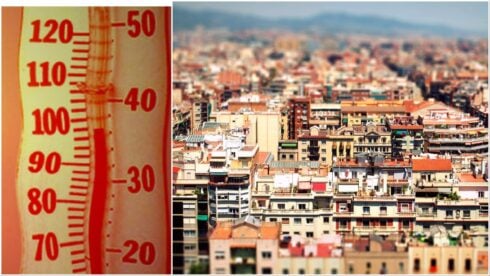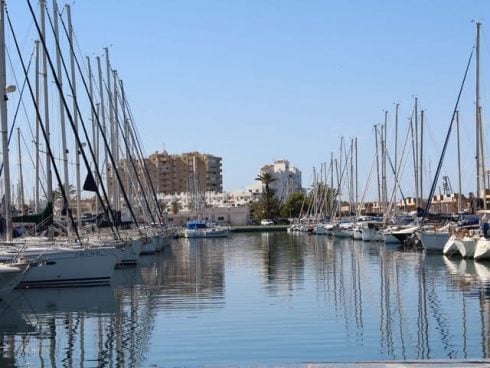IN the face of the current heatwave, the Spanish Government has activated a prevention plan with essential tips on how best to get through this week-long hot-spell.
Through this plan, Spain’s Ministry of Health has provided information with the aim of preventing and reducing the negative effects of the excessive heat on health, specifically for the most vulnerable groups such as the elderly, pregnant women, minors and the chronically ill, as well as those who work or exert themselves outdoors.
To minimise health damage caused by excessive temperatures, emphasis is placed on the following recommendations (most of which follow general common sense):
1. Drink water and fluids often, even if you don’t feel thirsty and regardless of the physical activity you do.
2. Avoid caffeinated, alcoholic, or highly sugared beverages as most favour dehydration.
3. Pay special attention to: infants and young children, pregnant or lactating mothers and remember to check up on elderly or sick people to make sure they are drinking enough water and fluids.
4. Stay as long as possible in cool or shaded places and refresh yourself whenever you need it.
5. Reduce physical activity and avoid outdoor sports in the middle of the day.
6. Wear light and loose-fitting clothing.
7. Never leave anyone in a locked, parked vehicle (especially minors, elderly or chronically ill. The same goes for pets).
8. Consult your healthcare professional if you suffer heat-related symptoms that last more than an hour.
9. Keep medicines in a cool place; heat can alter their composition and effects.
10. Do light meals that help replenish the salts lost through sweat (salads, fruits, vegetables, juices, etc.).
All information related to the National Plan, as well as information on risk levels, can be found on the website of the Ministry of Health: https://www.sanidad.gob.es/excesoTemperaturas2022/consultar.do
READ MORE:
- HEATWAVE: Andalucia under orange alert for extreme heat as highs of 45ºC sizzle Cordoba and Sevilla
- Heatwave: How unseasonably high temperatures are taking a toll on Spain’s nesting birds
Click here to read more Health News from The Olive Press.








